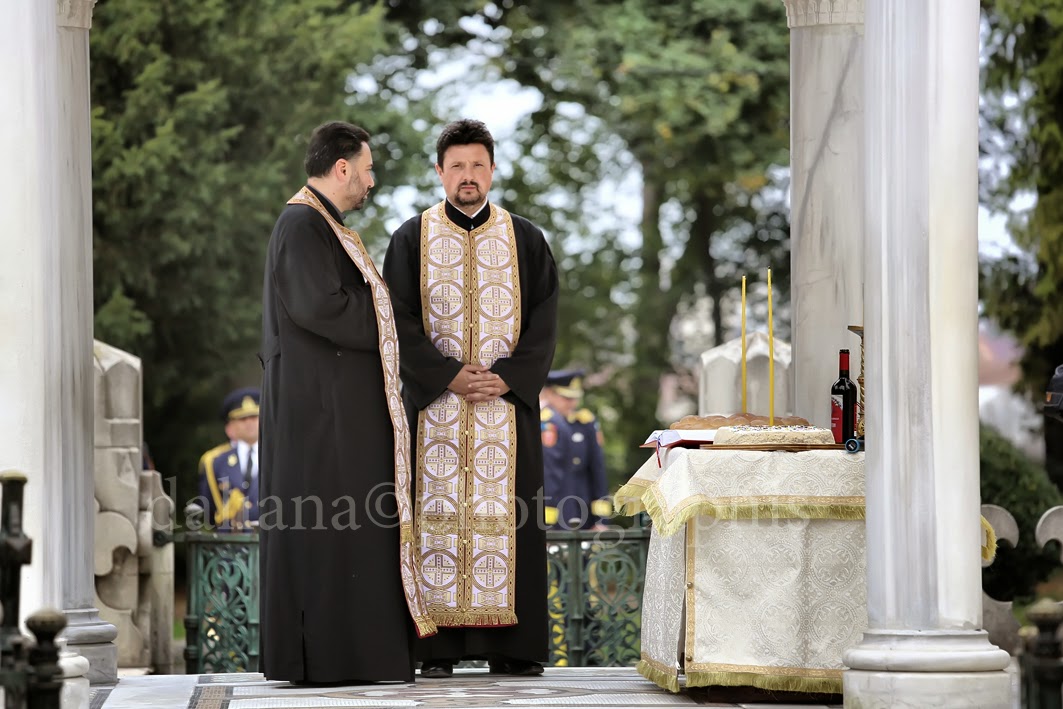Black Sea Action Day 2014 commemorates the anniversary of the signature of the Black Sea Strategic Action Plan.
- The promise of a better future for the 16 million people from six countries dwelling on the shores.
- The commitment of the regional governments for serious action to make a real difference to the rehabilitation and recovery of the sea.
- The dedicated lifework of many people who devote their time and energy to help protect the environment.
 The
Black Sea Commission is the regional body designed to implement
the Bucharest Convention signed by the six coastal countries
in 1992. On 31 October 1996 the Black Sea countries signed also
the Black Sea Strategic Action Plan for the Rehabilitation and
Protection of the Black Sea. This plan defined the policy measures,
actions, and timetables required to achieve the environmental
objectives of the Bucharest Convention. The Black Sea Strategic
Action Plan recognises that collective action is required from
all Black Sea countries to reduce the impacts of pollution on
the Black Sea ecosystem. Action is required from all stakeholders,
also from each person living in the region.
The
Black Sea Commission is the regional body designed to implement
the Bucharest Convention signed by the six coastal countries
in 1992. On 31 October 1996 the Black Sea countries signed also
the Black Sea Strategic Action Plan for the Rehabilitation and
Protection of the Black Sea. This plan defined the policy measures,
actions, and timetables required to achieve the environmental
objectives of the Bucharest Convention. The Black Sea Strategic
Action Plan recognises that collective action is required from
all Black Sea countries to reduce the impacts of pollution on
the Black Sea ecosystem. Action is required from all stakeholders,
also from each person living in the region.http://www.bsad.bsnn.org/home.htm
Această zi a fost declarată - Ziua Internațională a Mării Negre - la 31 octombrie 1996, când cele șase țări riverane - Bulgaria, Georgia, România, Rusia, Turcia și Ucraina - au semnat Planul Strategic de Acțiune (PSA) pentru Marea Neagră, un document ce conține cel mai complet set de strategii și măsuri pentru salvarea și reabilitarea zonei.
www.agerpres.ro














































